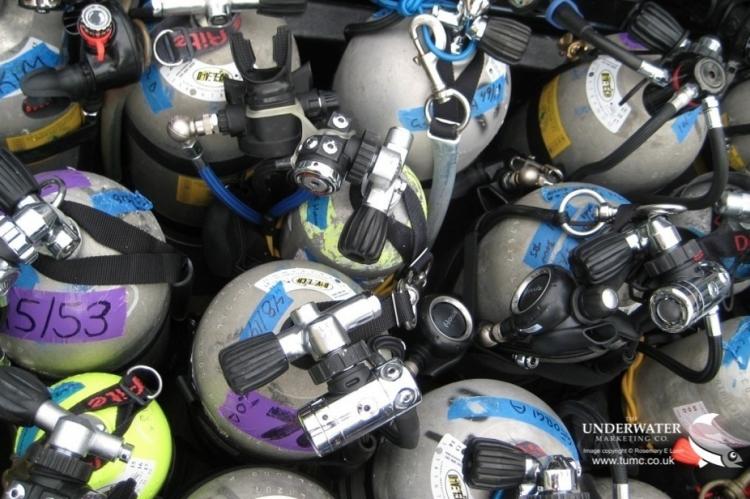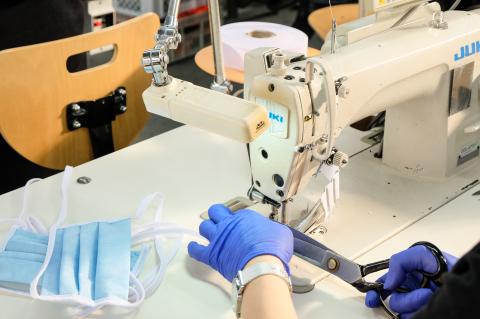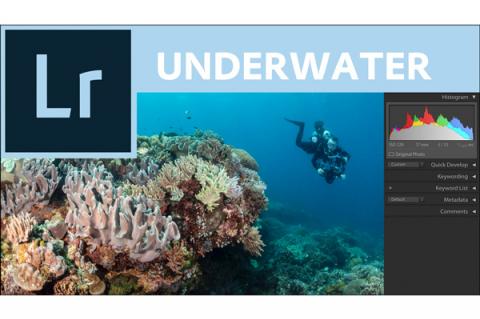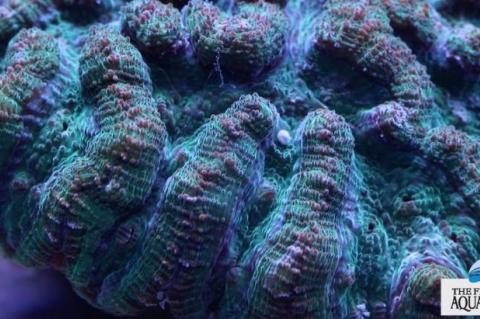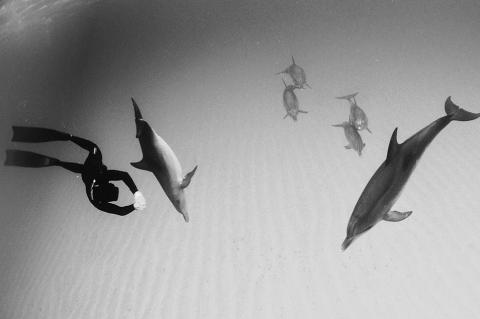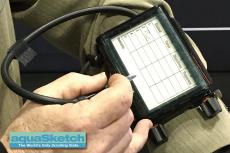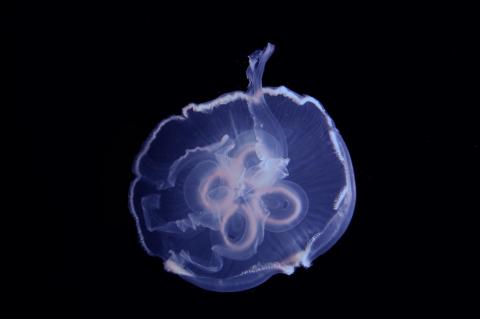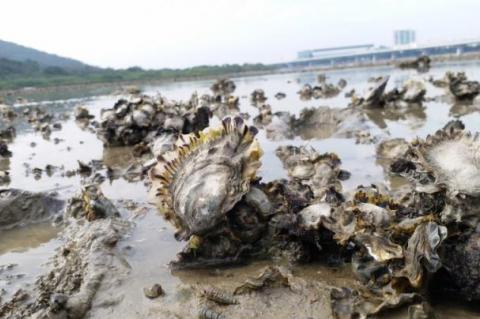Agencies Against Mandatory Annual Cylinder Tests
On 23 October 2016 the majority of diver training agencies in the UK held a joint meeting at the NEC to discuss ISO/DIS 18119.2.
This is the draft standard for gas cylinders, seamless steel and seamless aluminium-alloy gas cylinders and tubes periodic inspection and testing.
The proposed ISO standard will supersede the current BS EN 1968 & 1802 test standards.
The current standards have a visual inspection every two and half years and a hydrostatic test every 5 years and these will be changed in the new ISO standard 18119, which advises cylinders to have an internal inspection every year with a hydrostatic test at five year intervals where no local regulations exist.
The draft ISO standard will be voted on by 18 December 2016 by 29 countries and covers all industries using seamless steel and aluminium cylinders, not just the dive industry.
Whilst it is expected that the UK BSi committee will vote against the standard it is predicted that overall a ‘for’ vote is likely.
It was agreed at the joint meeting that this was not what any of the diver training agencies wanted for our instructors, members and divers.
"Where is the evidence that annual inspections will make scuba cylinders safer?'
BSAC explained at the joint meeting that they had held meetings with the HSE and the chairman of the BSi standards group where they were informed that BSAC were adamantly against the proposed changes.
BSAC is against the changes due to the lack of objective evidence provided to support this change and the adverse effect it would have on recreational scuba diving.
All diving agencies are concerned that:
- There is a lack of safety evidence for the introduction of annual visual testing for diving cylinders
- The substantial increased cost will be a barrier to divers participating in the sport
- The cost for a centre to become a regulated inspection centre is a barrier to trade in a
competitive market - The centres could not cope with the increased demand for visual inspections
- An annual test would create ‘underground’ poorly regulated testers
- The annual removal and reinsertion of cylinder valves would create additional risk
- New cylinders for sale would go out of date too quickly
In talks with diving centres, there are also concerns that a sticker based system would lead to the production of fraudulent stickers and this would decrease safety for those filling cylinders.
"As a group we are working collaboratively to try and stop the new standard being introduced for the diving industry and to represent divers’ interests. We will ensure that we keep all of our members and divers updated on the situation while we all continue to do this.
If the proposed change is implemented it is currently anticipated it will come towards the end of 2017.


